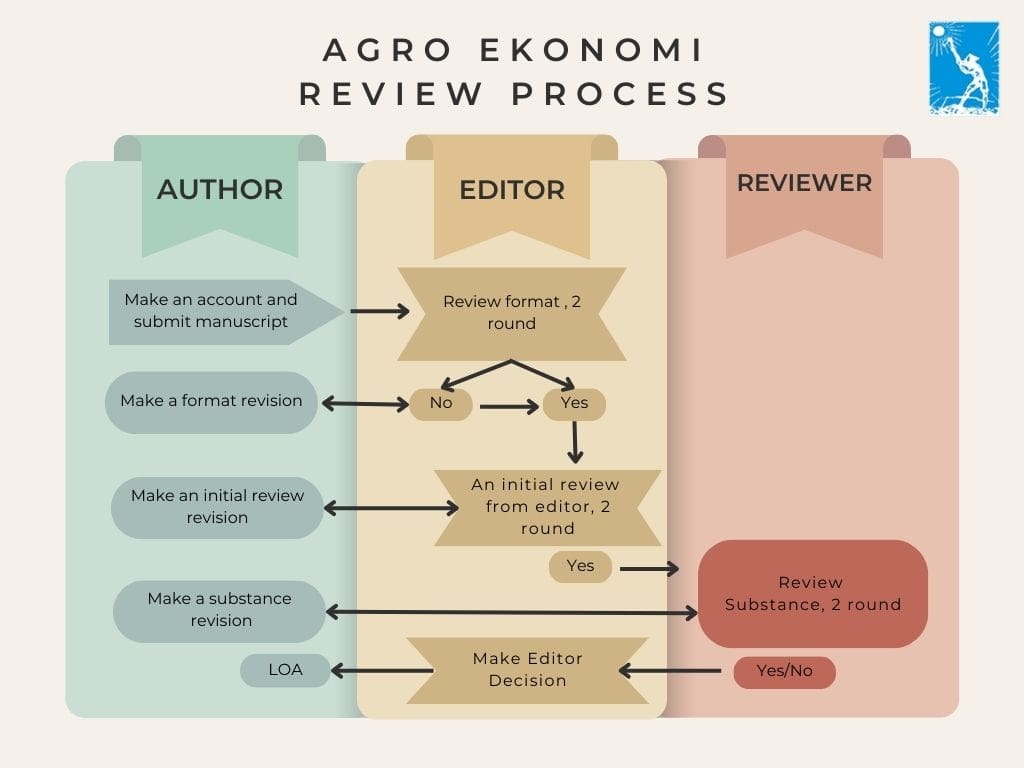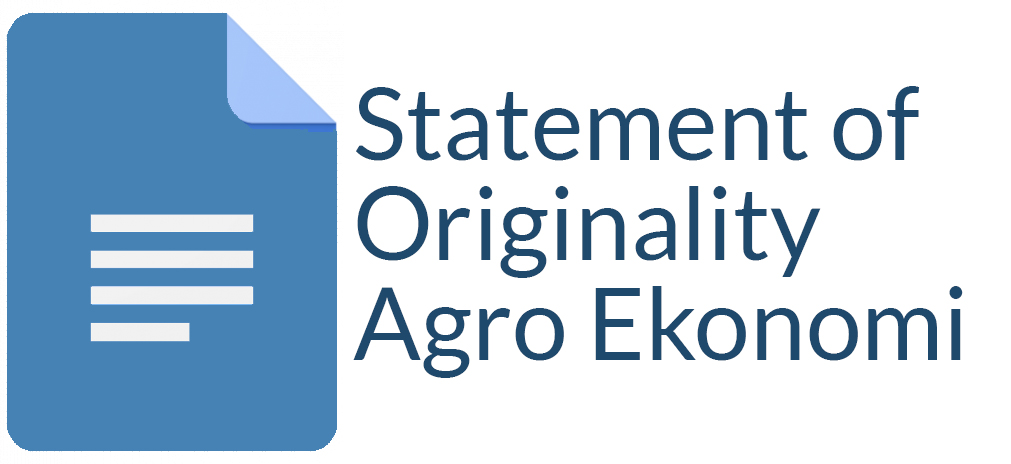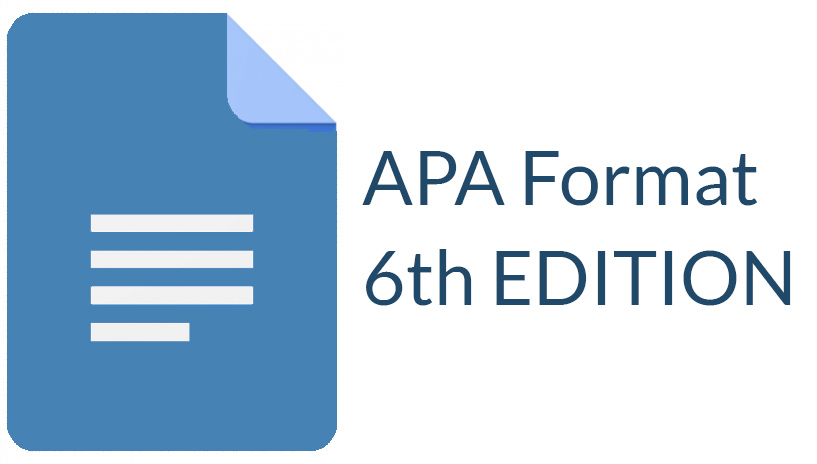Investigating Risk of Organic Rice Production in Kapanewon Prambanan: Comparative Study with Non-Organic Rice Farming
Dinda Dewi Aisyah(1*), Aura Dhamira(2), Azizah Ridha Ulil Albab(3)
(1) Agribusiness Department, Faculty of Agriculture, UPN Veteran Yogyakarta
(2) Agribusiness Department, Faculty of Agriculture, UPN Veteran Yogyakarta
(3) Agribusiness Department, Faculty of Agriculture, UPN Veteran Yogyakarta
(*) Corresponding Author
Abstract
The transition from conventional farming to organic continues to increase over time. Organic farming, especially organic rice, is becoming something that farmers are interested in because of higher prices and increased consumer demand for organic food products. However, the transition to conventional farming will eventually be followed by the emergence of risks in farming production. This study investigates the factors influencing the production and production risks of organic and non-organic rice farming in Sleman Regency. A total of 45 farmers were sampled in this study, which was determined by purposive sampling. Data collection was carried out by interview method. The Just and Pope approach of production risk is used in analyzing the determinants of production and production risk. The analysis results show that the membership period in farmer groups, land area, education, and manure significantly affects farming production. At the same time, organic rice farming is proven to produce higher production than non-organic. The factor that significantly increases production risk is the length of membership in farmer groups. Farmers who join farmer groups have the potential to face higher production risks. This research implies that it is important for the government to provide support by empowering farmer groups to support organic rice farming. Intensive assistance can be carried out to ensure that the role of the chairperson and members of the farmer group functions optimally.
Keywords
Full Text:
PDFReferences
Abdul-Rahaman, A., & Abdulai, A. (2018). Do farmer groups impact on farm yield and efficiency of smallholder farmers? Evidence from rice farmers in northern Ghana. Food Policy, 81, 95–105. https://doi.org/10.1016/j.foodpol.2018.10.007
Aenunnisa, N.-, Hasan, Z., & Ayomi, N. M. S. (2022). The Economic Efficiency of Rice Farming Production Factors in Karawang Region. Agro Ekonomi, 33(2), 67. https://doi.org/10.22146/ae.66704
Ainembabazi, J. H., van Asten, P., Vanlauwe, B., Ouma, E., Blomme, G., Birachi, E. A., Nguezet, P. M. D., Mignouna, D. B., & Manyong, V. M. (2017). Improving the speed of adoption of agricultural technologies and farm performance through farmer groups: evidence from the Great Lakes region of Africa. Agricultural Economics (United Kingdom), 48(2), 241–259. https://doi.org/10.1111/agec.12329
Bachke, M. E. (2019). Do farmers’ organizations enhance the welfare of smallholders? Findings from the Mozambican national agricultural survey. Food Policy, 89. https://doi.org/10.1016/j.foodpol.2019.101792
Begum, R., Sharmin, S., Mitra, S., Akhi, K., Deb, L., Kamruzzaman, M., & Khan, M. A. (2023). Production risk and technical inefficiency of bean (Phaseolus vulgaris) cultivation in Bangladesh: Do socio-economic factors matter? Social Sciences and Humanities Open, 7(1). https://doi.org/10.1016/j.ssaho.2023.100417
Dalmiyatun, T., Eddy, B. T., Sumekar, W., & Mardiningsih, D. (2018). Motivation of farmers to cultivate organic rice in Central Java. IOP Conference Series: Earth and Environmental Science, 102(1). https://doi.org/10.1088/1755-1315/102/1/012043
Defriyanti, W. T. (2019). THE EFFECT OF RICE FIELD AREA AND PLANTING AREA ON RICE PRODUCTION IN SOUTH SUMATRA THROUGH REGRESSION ANALYSIS. Publikasi Penelitian Terapan Dan Kebijakan, 2(2), 122–124.
GAO, P., ZHANG, T., LEI, X., CUI, X., LU, Y., FAN, P., LONG, S., HUANG, J., GAO, J., ZHANG, Z., & ZHANG, H. (2023). Improvement of soil fertility and rice yield after long-term application of cow manure combined with inorganic fertilizers. Journal of Integrative Agriculture. https://doi.org/10.1016/j.jia.2023.02.037
Guttormsen, A. G., & Roll, K. H. (2014). Production Risk in a Subsistence Agriculture. Journal of Agricultural Education and Extension, 20(1), 133–145. https://doi.org/10.1080/1389224X.2013.775953
Hazra, K. K., Swain, D. K., Bohra, A., Singh, S. S., Kumar, N., & Nath, C. P. (2018). Organic rice: potential production strategies, challenges and prospects. In Organic Agriculture (Vol. 8, Issue 1, pp. 39–56). Springer Netherlands. https://doi.org/10.1007/s13165-016-0172-4
Heryadi, D. Y., Rofatin, B., & Noormansyah, Z. (2021). Semi-organic Rice Farming as a Transition Period to Organic Rice Farming. Paspalum: Jurnal Ilmiah Pertanian, 9(1), 53. https://doi.org/10.35138/paspalum.v9i1.277
HOU, Q., NI, Y., HUANG, S., ZUO, T., WANG, J., & NI, W. (2023). Effects of substituting chemical fertilizers with manure on rice yield and soil labile nitrogen in paddy fields of China: A meta-analysis. Pedosphere, 33(1), 172–184. https://doi.org/10.1016/j.pedsph.2022.09.003
Irfan, Nuraeni, & Salim, M. (2019). ANALISIS KOMPARASI USAHATANI PADI ORGANIK DAN USAHATANI PADI KONVENSIONAL. Wiratani, 2(2).
Irham, Wahyu Widada, A., Nurhayati, A., Anantasari, E., Yustika Devi, L., & Subejo. (2020). Indonesian Organic Farmers: The Long Journey of Farmers’ Groups towards Organic Farming Sustainability (A Case Study in Rukun Farmers Group, Yogyakarta). IOP Conference Series: Earth and Environmental Science, 518(1). https://doi.org/10.1088/1755-1315/518/1/012030
Juni, J., Rini Efrianti, & Fifian, F. P. S. (2022). COMPARATIVE ANALYSIS OF RICE FARMING INCOMEORGANIC AND NON-ORGANIC IN EAST OKU REGENCY. International Journal of Social Science, 2(2), 1375–1378. https://doi.org/10.53625/ijss.v2i2.2740
Just, R. E., & Pope, R. D. (1979). Production Function Estimation and Related Risk Considerations. In Source: American Journal of Agricultural Economics (Vol. 61, Issue 2).
Kasim, N. A., Megawati, M., Arifah, A., & Hidayati, W. (2019). Production Risk of Seaweed Cultivation in South Sulawesi: Comparison between Cobb-Douglas and Just-Pope Production Function. International Journal of Agriculture System, 7(2), 127. https://doi.org/10.20956/ijas.v7i2.2090
Lien, G., Kumbhakar, S. C., Mishra, A. K., & Hardaker, J. B. (2022). Does risk management affect productivity of organic rice farmers in India? Evidence from a semiparametric production model. European Journal of Operational Research, 303(3), 1392–1402. https://doi.org/10.1016/j.ejor.2022.03.051
Mahmood, A., & Gheewala, S. H. (2023). A comparative environmental analysis of conventional and organic rice farming in Thailand in a life cycle perspective using a stochastic modeling approach. Environmental Research, 235. https://doi.org/10.1016/j.envres.2023.116670
Mardiana, Y. (2021). Efektivitas Aplikasi Poc Pada Pertumbuhan Dan Produksi Beberapa Varietas Padi (Oryza SativaL.). Jurnal Multidisiplin Madani (MUDIMA), 1(3), 355–366.
Mojo, D., Fischer, C., & Degefa, T. (2017). The determinants and economic impacts of membership in coffee farmer cooperatives: recent evidence from rural Ethiopia. Journal of Rural Studies, 50, 84–94. https://doi.org/10.1016/j.jrurstud.2016.12.010
Nalle, M. N., Asa, M. L. M., & Indrasti, R. (2023). The Role of Farmer Groups In Increasing of Rice Farmers In Lakekun Village, Kobalima Sub-District, Malaka District East Nusa Tenggara Province. IOP Conference Series: Earth and Environmental Science, 1153(1). https://doi.org/10.1088/1755-1315/1153/1/012022
Noormansyah, Z., & Cahrial, E. (2020). Efficiency of Production Factors and Constraints of Organic Rice Farming at Rainfed Rice. IOP Conference Series: Earth and Environmental Science, 466(1). https://doi.org/10.1088/1755-1315/466/1/012027
Nuzulianur Puteri, L., & Fauzi, M. (2020). Comparative Analysis of Organic and Inorganic Rice Farming In Swampy Land of Babirik District. 13(7), 16–20. https://doi.org/10.9790/2380-1307031620
Rahayu, H., Dewi, M., & Febrianti, T. (2021). Farmers’s Choice to Risk Management Strategies of Corn Farming in Sigi District Central Sulawesi. E3S Web of Conferences, 232. https://doi.org/10.1051/e3sconf/202123202016
Sacco, D., Moretti, B., Monaco, S., & Grignani, C. (2015). Six-year transition from conventional to organic farming: Effects on crop production and soil quality. European Journal of Agronomy, 69, 10–20. https://doi.org/10.1016/j.eja.2015.05.002
Sapbamrer, R., & Thammachai, A. (2021). A systematic review of factors influencing farmers’ adoption of organic farming. Sustainability (Switzerland), 13(7). https://doi.org/10.3390/su13073842
Sholihah, E., Irham, I., & Masyhuri, M. (2018). Production Risk Management of Organic Rice in Special Region of Yogyakarta. HABITAT, 29(3), 92–98. https://doi.org/10.21776/ub.habitat.2018.029.3.11
Siswanti, D. U., Maryani, Rachmawati, F. Y., Niken, A., Agustin, R. V., & Wulansari, N. (2021). Grain quality of rice (Oryza sativa l.) ‘menthik wangi’ of organic farming yields. HAYATI Journal of Biosciences, 28(2), 105–109. https://doi.org/10.4308/hjb.28.2.105
Smith-Spangler, C., Brandeau, M. L., Hunter, G. E., Clay Bavinger, J., Pearson, M., Eschbach, P. J., Sundaram, V., Liu, H., Schirmer, P., Stave, C., Olkin, I., & Bravata, D. M. (2012). Are organic foods safer or healthier than conventional alternatives?: A systematic review. In Annals of Internal Medicine (Vol. 157, Issue 5, pp. 348–366). American College of Physicians. https://doi.org/10.7326/0003-4819-157-5-201209040-00007
Snider, A., Gutiérrez, I., Sibelet, N., & Faure, G. (2017). Small farmer cooperatives and voluntary coffee certifications: Rewarding progressive farmers of engendering widespread change in Costa Rica? Food Policy, 69, 231–242. https://doi.org/10.1016/j.foodpol.2017.04.009
Sujianto, Gunawan, E., Saptana, Syahyuti, Darwis, V., Ashari, Syukur, M., Ariningsih, E., Saliem, H. P., Mardianto, S., & Marhendro. (2022). Farmers’ perception, awareness, and constraints of organic rice farming in Indonesia. Open Agriculture, 7(1), 284–299. https://doi.org/10.1515/opag-2022-0090
Sulistyana, P., Handoyo Mulyo, J., Sosial Ekonomi Pertanian, J., Pertanian, F., & Gadjah Mada, U. (2014). KONSUMSI BERAS ORGANIK PADA TINGKAT RUMAH TANGGA DI KOTA YOGYAKARTA The Consumption of Organic Rice in the Household Level at Yogyakarta City (Vol. 24, Issue 1).
Utaranakorn, P., & Yasunobu, K. (2016). The mutual influence of managerial ability and social networks of farmers on participation in an organic vegetable group in Khon Kaen province, Thailand. Kasetsart Journal of Social Sciences, 37(3), 127–131. https://doi.org/10.1016/j.kjss.2016.08.001
Van Vu, H., Ho, H., & Le, Q. H. (2019). Impact of farmer education on production efficiency: The case of rice farms in Vietnam. Management Science Letters, 9(11), 1909–1918. https://doi.org/10.5267/j.msl.2019.6.002
Walis, N. R., Setia, B., & Isyanto, A. G. (2021). FAKTOR-FAKTOR YANG BERPENGARUH TERHADAP PRODUKSI PADI DI DESA PAMOTAN KECAMATAN KALIPUCANG KABUPATEN PANGANDARAN. Jurnal Ilmiah Mahasiswa AGROINFO GALUH, 8(3), 648–657.
Wibowo, R. P., Raihan, A., Sumono, & Gunawan, D. (2019). Comparative analysis of technical efficiency between organic and non-organic rice farming in North Sumatera Indonesia. IOP Conference Series: Materials Science and Engineering, 648(1). https://doi.org/10.1088/1757-899X/648/1/012038
Yu, Y., He, Y., & Zhao, X. (2021). Impact of demand information sharing on organic farming adoption: An evolutionary game approach. Technological Forecasting and Social Change, 172. https://doi.org/10.1016/j.techfore.2021.121001
Zhong, Z., Zhang, C., Jia, F., & Bijman, J. (2018). Vertical coordination and cooperative member benefits: Case studies of four dairy farmers’ cooperatives in China. Journal of Cleaner Production, 172, 2266–2277. https://doi.org/10.1016/j.jclepro.2017.11.184
Article Metrics
Refbacks
- There are currently no refbacks.
Copyright (c) 2023 Agro Ekonomi

This work is licensed under a Creative Commons Attribution-ShareAlike 4.0 International License.
View My Stats











